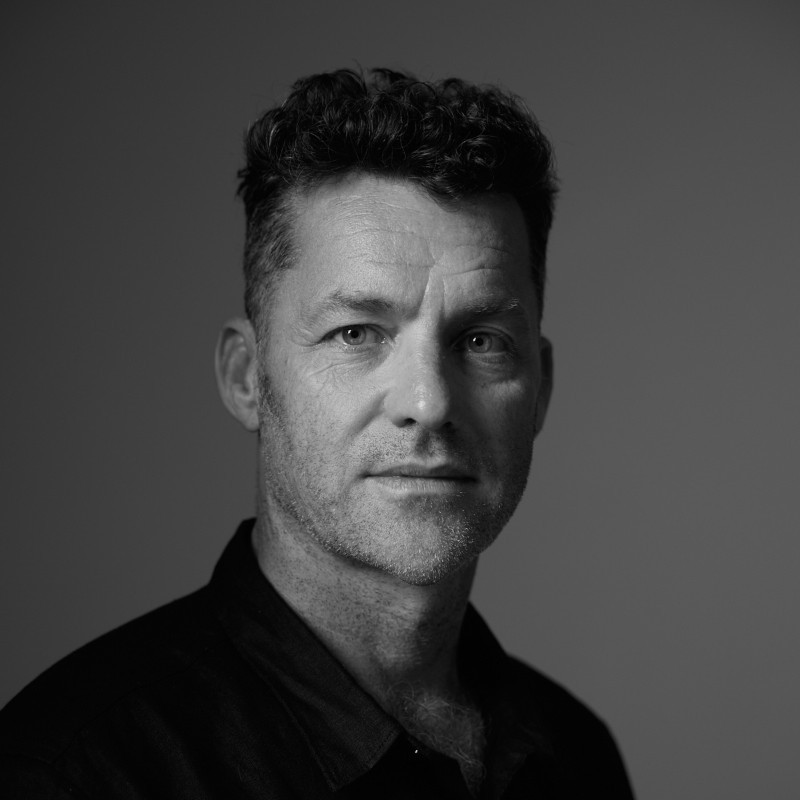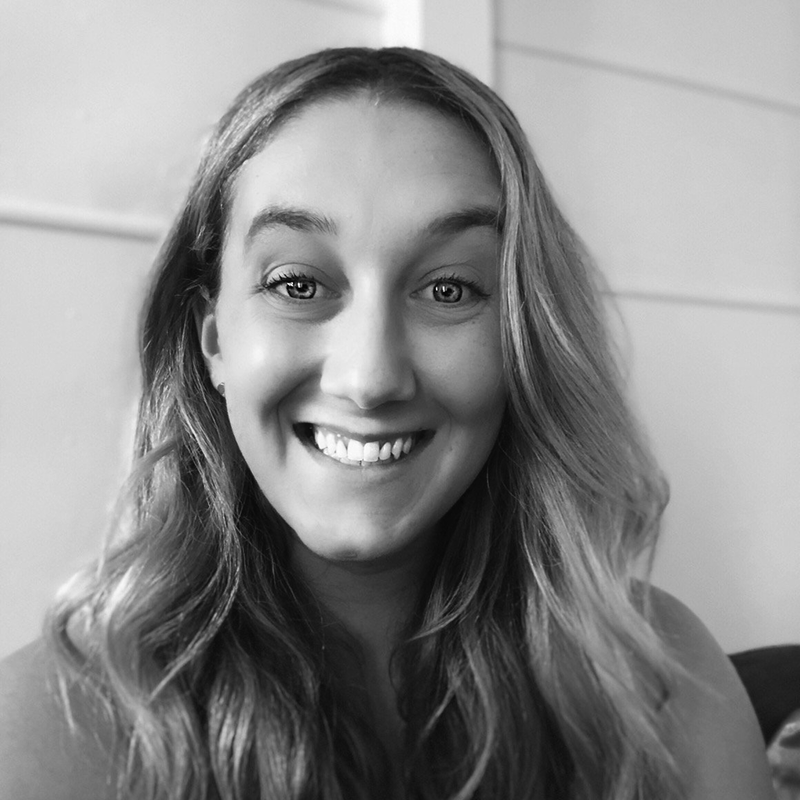
ASKING FOR A FRIEND
Is advocating for mental health & neuro-equality change worthwhile as a lower level employee?
ASKING FOR A FRIEND - QUESTION
Trying to champion mental health or neuro-equality as a junior or mid-level employee can feel lonely — but it’s absolutely possible. This honest piece explores how to find allies, build momentum, and hold companies to their word, with insights from creative leaders and mental health experts who know how real change happens. For any creative wondering if their voice matters: it does.
Trying to champion mental health or neurodiversity when you’re not the one calling the shots can feel a bit like being a cat trying to herd humans — you know what needs to happen, but you’re not quite sure they’ll listen. When you’re not in a leadership role, it’s easy to wonder: Is it even worth it?
This question was tackled by Simon Lee (Chief Creative Officer at The Hallway), Aimee Davies (mental health educator and counsellor at The Hey Mate Project) and Andy Wright (Founder of Never Not Creative and CEO of Streamtime — you might know him). Spoiler: your voice matters more than you think.
Find your people — you’re not alone
First things first: don’t try to go it alone. Aimee says, “There’s probably people in your workplace that have similar thoughts. So find them.” There’s power in numbers — not because you want to start a revolution (though good on you if you do) — but because it’s much harder for management to brush off one person than a group.
Even if you’re not sure how to raise it, talk to HR or someone you trust. Chances are, you’ll find people quietly feeling the same.
Keep your curiosity — you don’t have to storm the boardroom
Advocating for change doesn’t mean throwing a hand grenade into Monday’s team meeting. Aimee says you can start gently: “You don’t have to do it in a way that’s forceful. You can lead in with curiosity.”
Ask questions. Test the waters. If your company says it cares about mental health but the day-to-day reality feels different — name it. “Don’t be afraid to question if they’re delivering what they say they’re doing,” says Aimee. Accountability isn’t confrontation — it’s care.
Use what’s already on your side
Sometimes we forget: you’re not asking for something wild or impossible. Psychosocial safety is a legal requirement for workplaces now. Aimee points out: “Look at what workplaces are required to do — like the right to disconnect or psychosocial legislation.”
This isn’t you being difficult — it’s you asking for what people are legally entitled to. Sometimes reframing it this way helps managers realise it’s not optional.
Small steps work — but they take time
Andy shared a story of someone at a huge agency who made change happen — from the bottom up. They found a few like-minded people. They brought in help from outside (like Never Not Creative). And over a couple of years — yes, years — they built something real.
“It took them two and a half years to get to where wellbeing was being prioritised and talked about company-wide,”Andy says. So, if you’re frustrated it’s not happening overnight, you’re not doing it wrong. It’s just the nature of this work — slow, steady, people-powered.
Culture trumps hierarchy
Here’s the clincher. You can be the best advocate in the world, but if you’re in an organisation that doesn’t want to listen, you’ll run into walls. “You’ve got to be in the right place for a culture that allows people to come up with this stuff,”Andy says.
Sometimes the brave thing isn’t just advocating where you are — it’s deciding you deserve better, and finding a place that genuinely cares about this stuff.
Is it worth it?
Short answer? Yes. But don’t carry it all alone. Find allies. Know your rights. Use your curiosity. And remember that change takes time — but the people who stick their necks out for better workplaces, even at junior levels, are the ones who shift the culture for everyone else.
So keep being the cat herding the humans. Just make sure you’ve got other cats at your side. 🐈
our guests
Industry Leader

Simon Lee
Enigma
Mental Health Expert

Aimee Davies
The Hey Mate Project
Host

